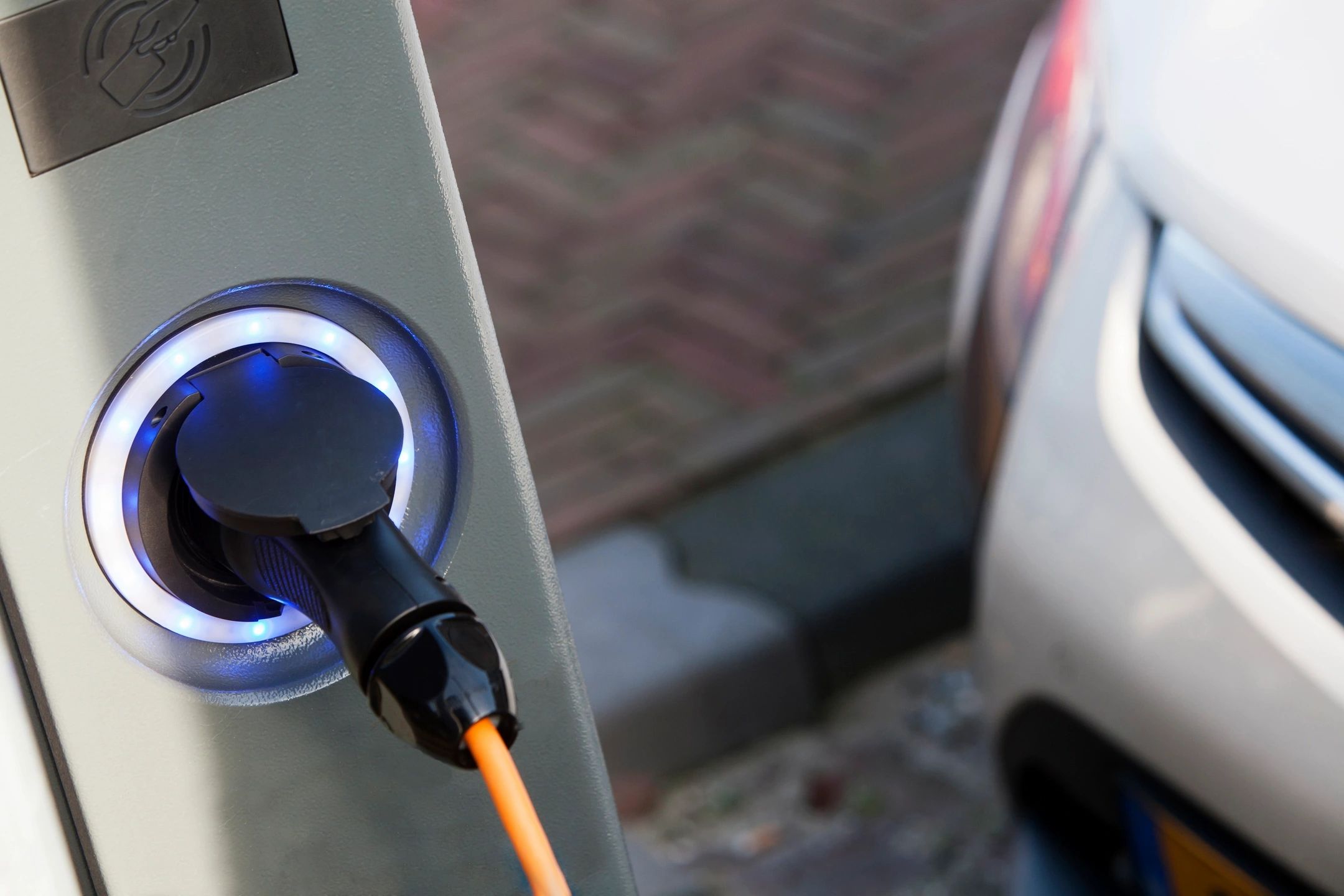
California Takes Bold Step Towards Energy Resilience: AB233 Calls for Mandatory Bidirectional Charging for New Electric Vehicles:
California is once again leading the charge towards a sustainable and resilient future, as a proposed state law seeks to make bidirectional charging mandatory for all new electric vehicles (EVs) sold in the state starting in 2027. Known as Senate Bill 233 (SB 233), this legislation has already cleared the Senate Energy Committee and is now under scrutiny by the Senate Transportation Committee, marking a significant milestone in California's ambitious efforts to integrate EVs into its energy infrastructure.
Bidirectional charging, a cutting-edge technology that allows electric vehicles to not only receive energy but also send excess energy back to the power grid or other electric devices, is seen as a game-changer in California's clean energy landscape. By harnessing the power stored in EV battery packs, these vehicles can serve as mobile energy storage units, bolstering the state's power grid during peak demand periods or providing vital electricity to homes during blackouts and emergencies.
State Senator Nancy Skinner, the bill's sponsor, highlights the immense potential of bidirectional charging. "EVs are energy storage on wheels. Why waste that battery, given how few miles most people use the vehicle in any given day?" Senator Skinner expressed. "But we need to make it as easy as possible."
The benefits of bidirectional charging extend beyond individual EV owners. By enabling these vehicles to feed electricity back into the grid, California can better manage and balance its renewable energy resources. During times of high demand, when the grid is strained, bidirectional charging can help stabilize the system by providing an additional power source. Furthermore, bidirectional charging aligns with the state's ambitious renewable energy goals and facilitates the integration of intermittent renewable sources like solar and wind by storing excess energy generated during favorable conditions.
While SB 233 represents a bold step towards energy resilience and sustainability, it also raises questions about infrastructure readiness and compatibility. For bidirectional charging to become widespread, an adequate charging network must be established, ensuring EV owners have access to bidirectional charging stations across the state. Additionally, standardization of bidirectional charging protocols and grid integration frameworks will be crucial to guarantee seamless operation and compatibility between EVs and the power grid.
California's commitment to EVs and clean energy solutions has long been evident, and SB 233 is a testament to the state's ongoing dedication to environmental stewardship. By mandating bidirectional charging for new EVs, California aims to tap into the vast potential of EVs as a critical component of its energy ecosystem. If the bill becomes law, it will not only reinforce the state's position as a global leader in renewable energy adoption but also serve as a blueprint for other regions to follow in their pursuit of sustainable transportation and energy systems.
As SB 233 progresses through the legislative process, its potential implications for the future of transportation and energy in California remain significant. The bill signals California's unwavering commitment to leveraging innovative technologies and advancing policies that promote sustainability, grid resilience, and a cleaner future. If successful, the state's mandate on bidirectional charging will undoubtedly shape the trajectory of EV adoption and energy management not only within its borders but also around the world.